Near and dear to the native Marylander is, of course, the crab.
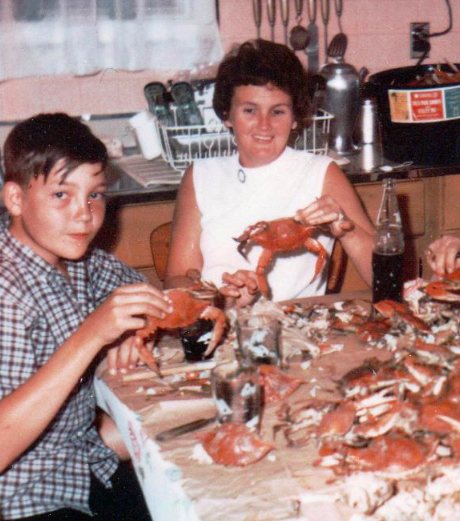
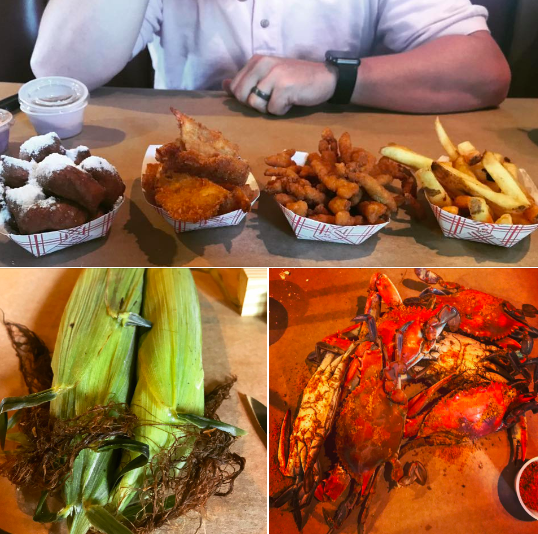
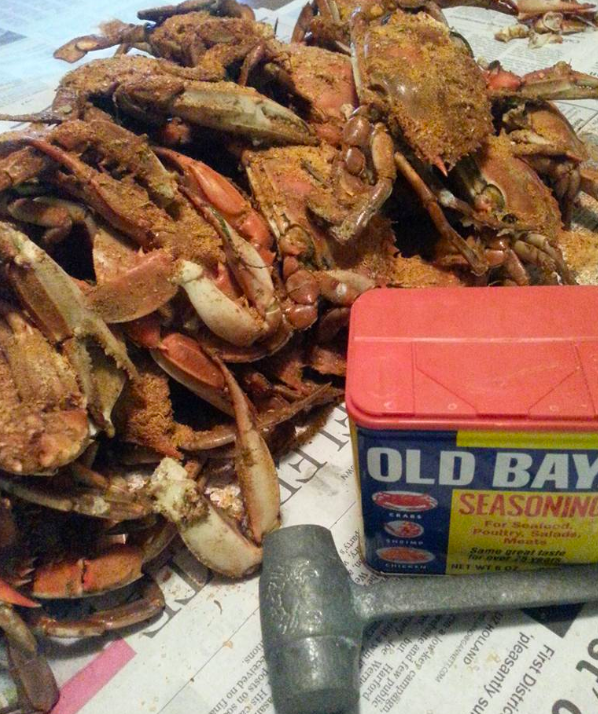
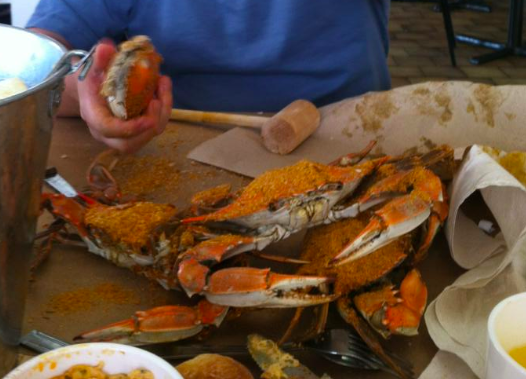
My grandpa spent a lot of his childhood visiting his mother’s family on Deal Island, a rural marshy treasure trove of waterfowl, oysters, and crab located on the Delmarva Peninsula in the Tangier Sound of the Chesapeake Bay.
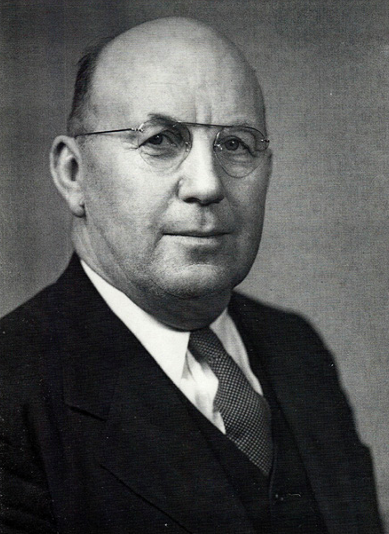
Carl Hoffman was the son of Prettyman and Mary Hoffman, uncle to Mava Hoffman Scroggs. He operated a seafood packing business and several crab houses in Wenona. He served 12 years in the Maryland House of Delegates in the 1940’s and 50’s.
He shares the experience of working at his Great Uncle Carl’s seafood company in the summer of 1947 in a piece he wrote near the end of his life in 2014. Focused mostly on each of the jobs he held over the years, here is the excerpt about that time spent on Deal Island with a bunch of crabs in his own words.
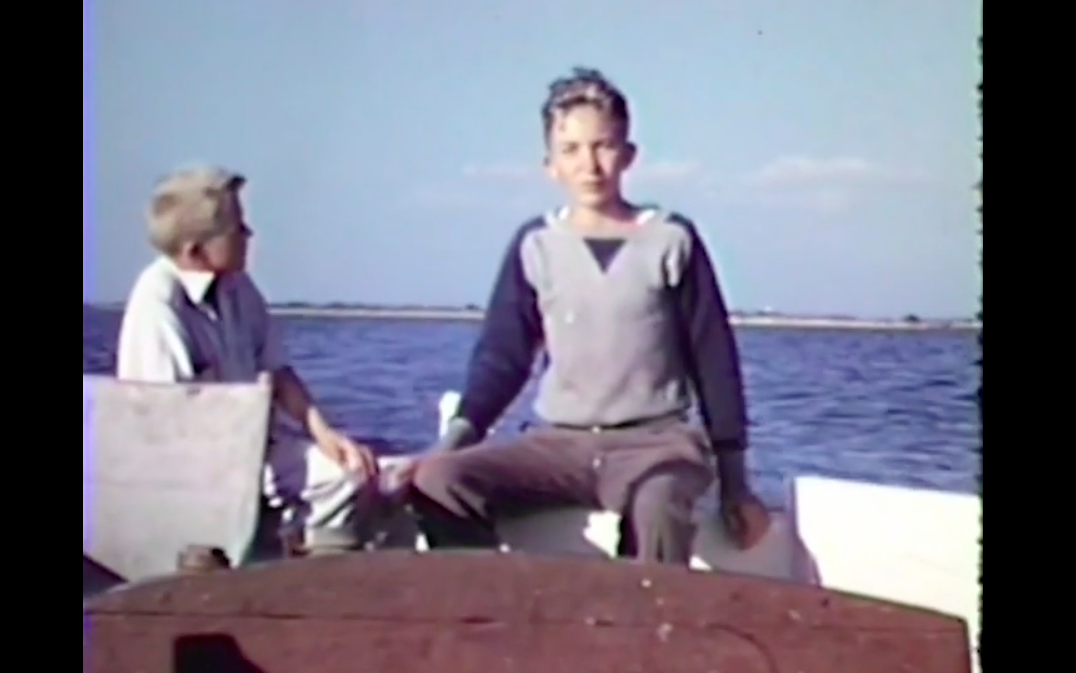
“IN THE SUMMER OF MY HIGH SCHOOL JUNIOR YEAR I wanted to get a job in the Campbell’s Soup plant in Salisbury, Maryland and stay with my Grandfather [Stanley] Hoffman in Wenona on Deal Island. (Wenona is located on the southern tip of the island.) I was not hired and could not find work in any of the surrounding communities. My mother’s uncle Carl heard of my plight and needed someone temporary which turned into something much more. After the storage bin was completed Uncle Carl asked me if I’d like to work in the plant and I jumped at the opportunity and soon found myself in the canned crab meat business. Up before daybreak I’d be heading down to his plant walking thru the mosquito infested marsh, thick enough that face, hands, and clothing would be covered with them. Nothing like I had ever encountered in Baltimore, so I’d be running all the way trying to brush them off me, up my nose, in my mouth and eyes, I could not get there fast enough. I would have welts all over my face and hands. Roy Clark was the plant manager and in charge of daily operations.
L-R: Roland Twigg, Carl Hoffman, Raymond Ellsworth Hoffman?, Eugene Evans. Unknown date. On Deal Island, MD.
Photo obtained from William Wheatley, a relative of the Websters & Hoffmans.
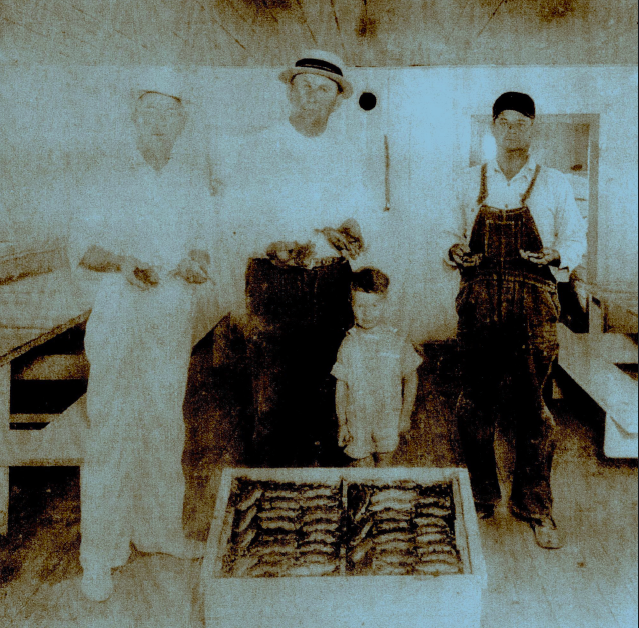
On arriving I would assist him in distributing the previous day’s catch of steamed (Blue) hard crabs which had already been cooked, now placing them in piles on the tables used by the pickers at each station. The women pickers would be starting at 6 o’clock and work till all the crabs were picked, usually done around noon. My job was to keep pace with them, supplying the pickers with more crabs as needed, and removing the waste (chum), while assisting Roy outside at the dock where needed. The waterman would start arriving with the day’s catch in bushel baskets, recording the totals, and washing them down before putting them in the steamer to be cooked.
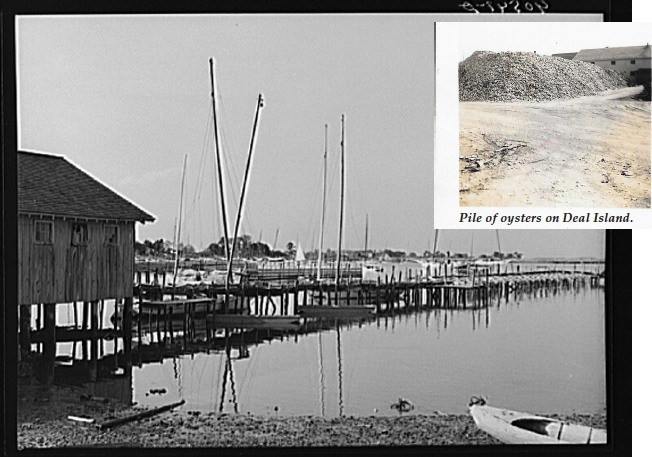
Pier at Deal Island for Oyster and Crab Boats, Deal Island, Maryland. Jack Delano, photographer. May 1940. Obtained from the Library of Congress.
The mornings went by pretty fast and I dare not get behind the women pickers, if their pile of crabs was getting low or the chum was accumulating they’d get on this “City Boy”, the kidding was all in fun and I had a good time with it all! The chum would be shoveled into a wheelbarrow and I would roll it outside to the newly constructed storage bin. Once a week a truck would arrive to pick up the foul smelling contents for processing , to be used in chicken feed and fertilizer, etc. The pickers would fill the one pound cans labeled: Regular, Lump, or Backfin with that particular kind of meat from each crab picked. Each of these types had a different retail value.
At the end of the pickers day each would be accredited with how many pounds of each type they had picked. Roy held a stationary engineer’s license which allowed him to operate the boiler which was used to steam the crabs and each batch that had been cooked was spread out to cool down on a large stainless steel table in preparation for the next day’s pick. All the tables and working surfaces that the food touched had to be of stainless steel and all would be hosed down at the end of each day and then steamed down for the final cleaning and sterilizing.
After Roy and I had finished I would usually be free to leave. I would also head up to the nearest store to have a soda and listen to the local waterman. The waterman’s work was not done either they would clean up their boat and get set up for the next day’s catch, afterwards some would go to one of stores (a gathering place) where they could discuss the daily conditions, etc.
While at my grandfather’s I played unlimited baseball with the Deal Island team which was in the old Delmarva League named for the three states sharing the peninsula: Delaware, Maryland and Virginia.
Stanley James Hoffman, Grandpa’s maternal grandfather. Obtained from William Wheatly on Ancestry.com, original source: The Baltimore Sun.
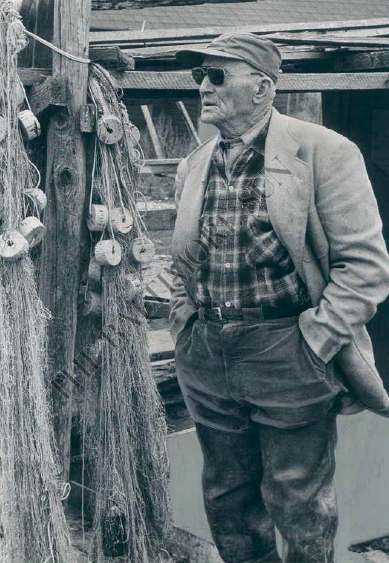
Note: Today they are known as the Delmarva “Shorebirds” in Class “A” baseball and affiliated with the Baltimore “Orioles” playing in the North Division of the South Atlantic League with their home field at the Arthur W. Purdue Stadium in Salisbury, Md. Joan and I saw them play the Lake County “Captains”, who are affiliated with the Cleveland “Indians” at their field in Classic Park, Eastlake, Ohio on the 27th of August 2007.
My uncle Wilson Hoffman played third base for the old team and was instrumental in my playing on the team where I played centerfield most of the time and the team’s catcher on occasion. Our home field was at the high school up the island, even though we practiced mostly on a roughly made diamond in Wenona. I remember two games in particular, one in Onancock, Virginia were I had to play center field which was not flat, an the ground rose up to a nice little mound which also extended somewhat into right and left fields. This was unusual because most of the peninsula is very flat and I was not sure at first how I should play the position. It didn’t take me long however to figure out that I could run down hill a lot faster then I could recover and catch a ball hit over my head.
The second game was where the team had to board a couple of Eastern Shore work boats and run to Smith Island which is located in the Chesapeake Bay on the western edge of Tangier Sound. We would play their team in the community of Ewell, one of three others on that island. This was a ball game that I was the catcher and looking out from home plate I could see a very shallow right field, an old home was maybe 300 feet away at best and the people that lived their was setting out along side the house, just behind the fielder. When it was our turn to take the field I thought this is going to be interesting. Our team did hit a couple out that way but the ball was handled easily by their team, but they in turn did bounce one off the old house for a home run without too much being said, I guess it was kind of routine. What I really liked about playing ball in a rural community was how everyone came out in support of their team.
I enjoyed my days working and playing baseball on Eastern Shore with such hard working down to earth people who had so little back then, but shared so much. I am thankful for having the opportunity. “
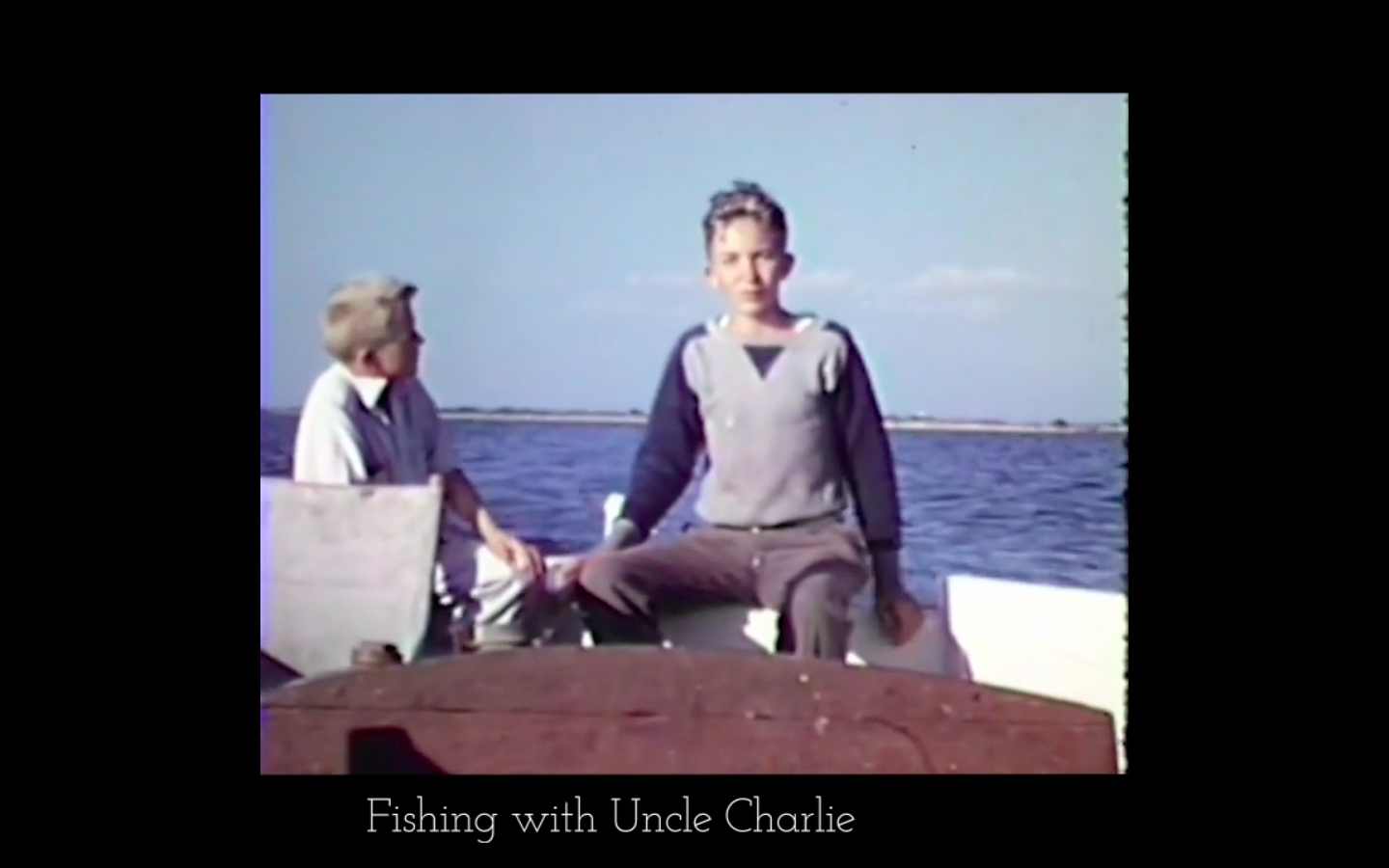
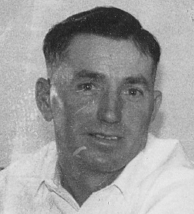

0